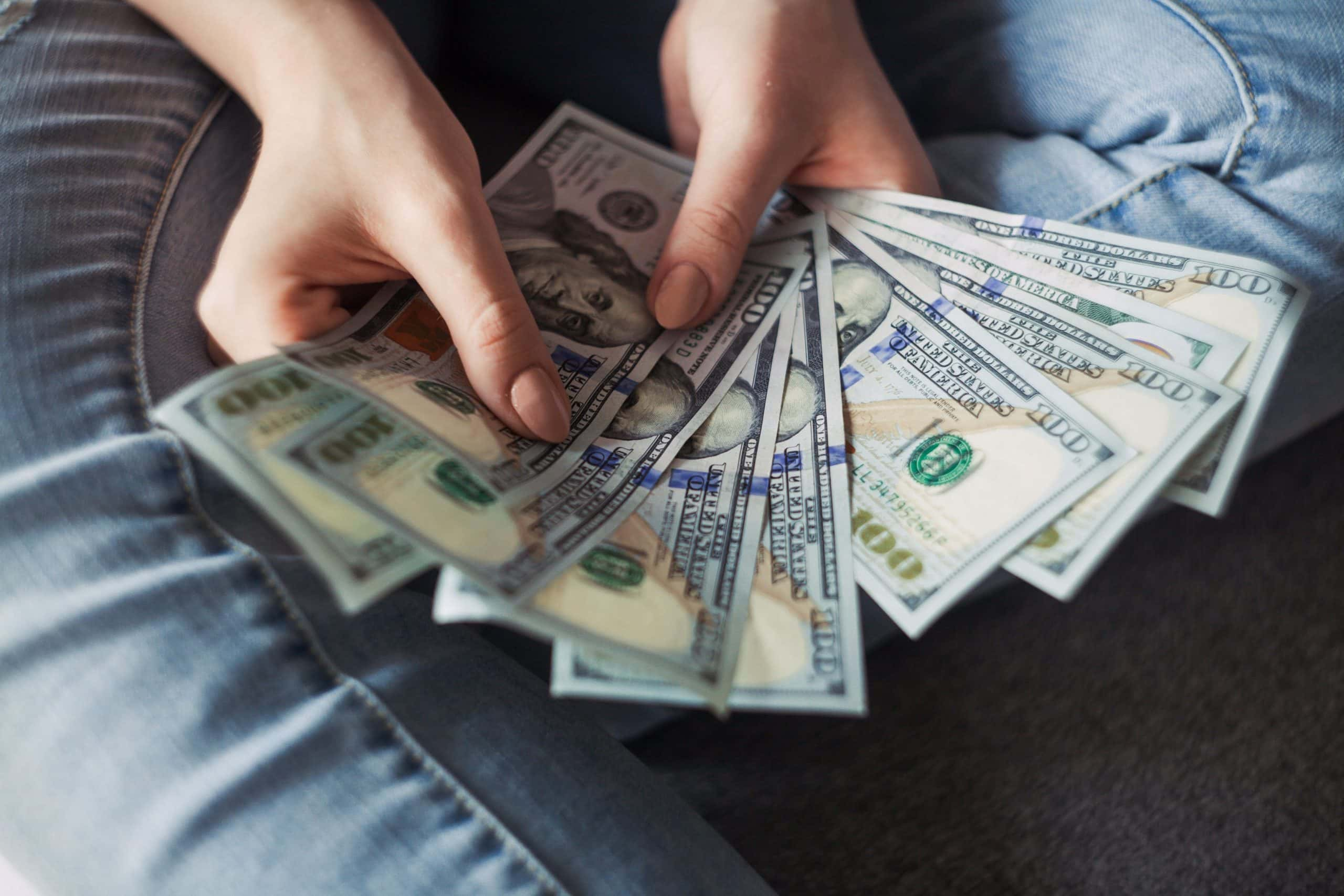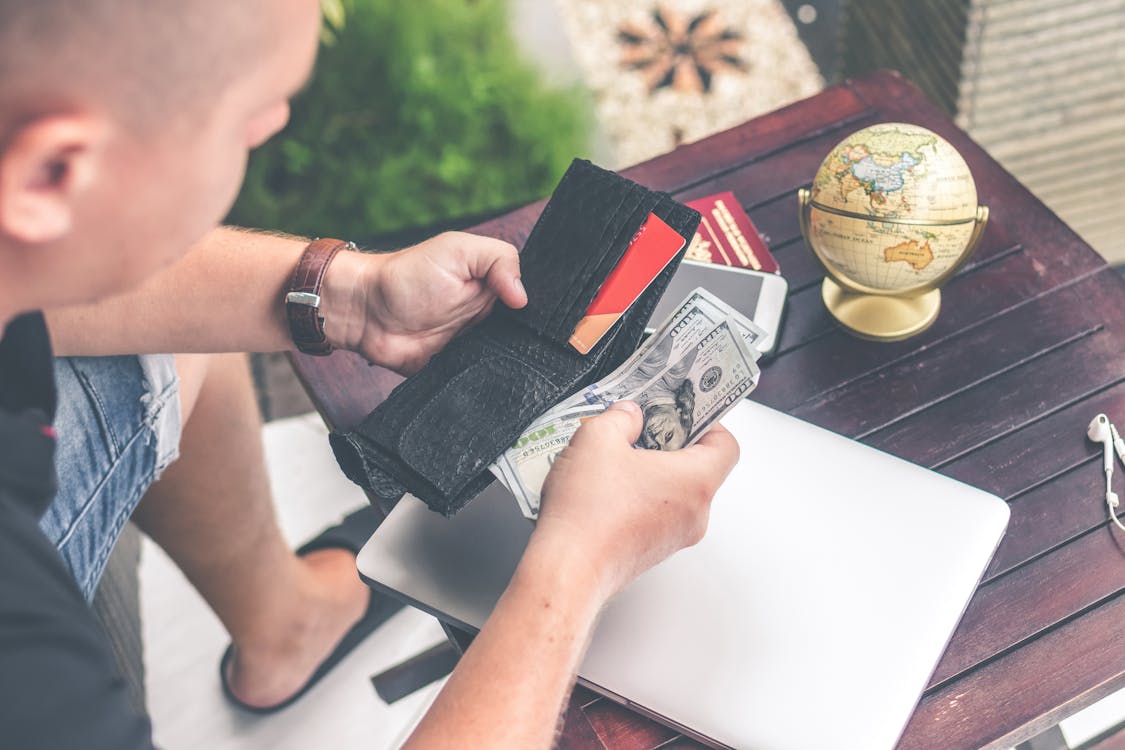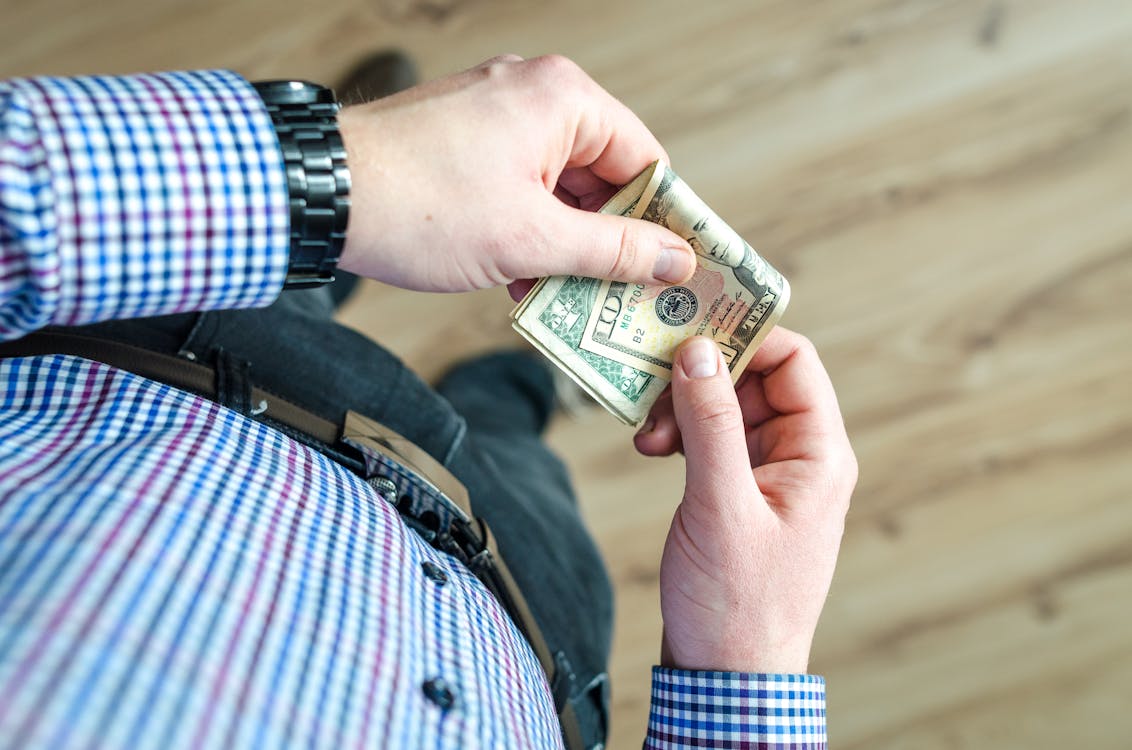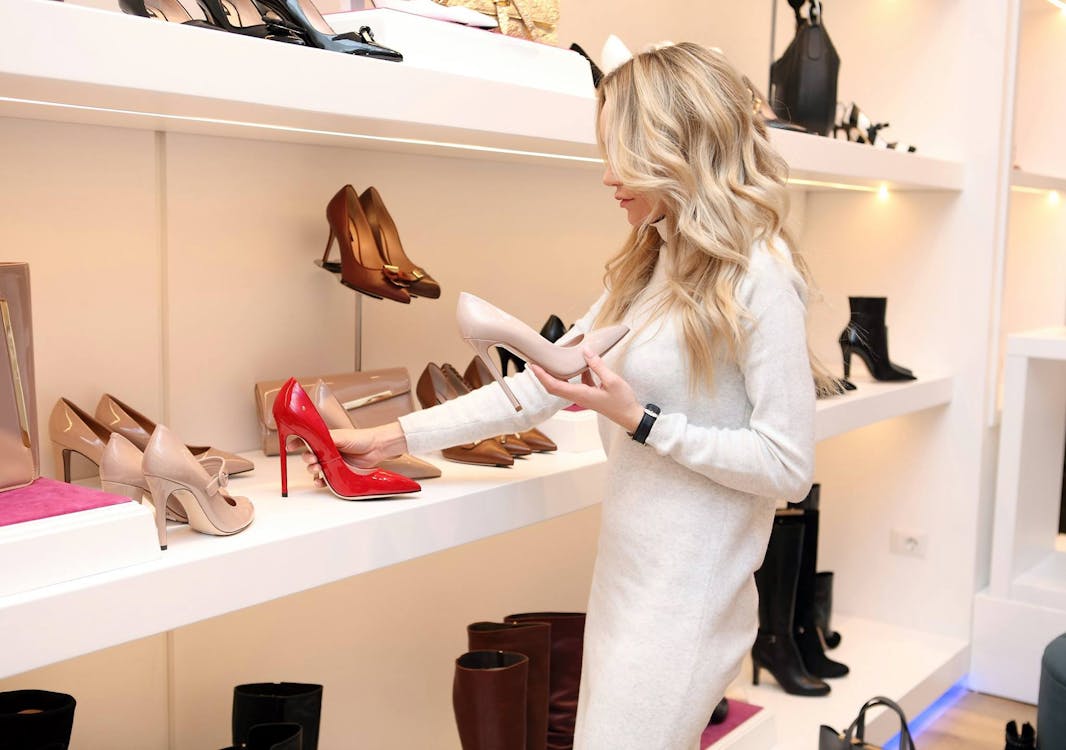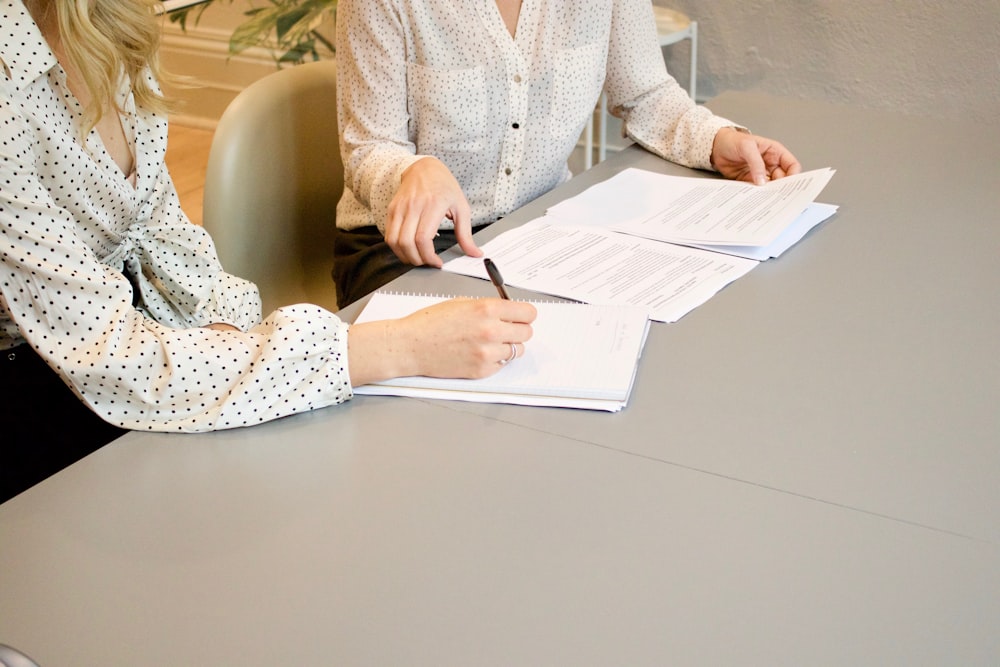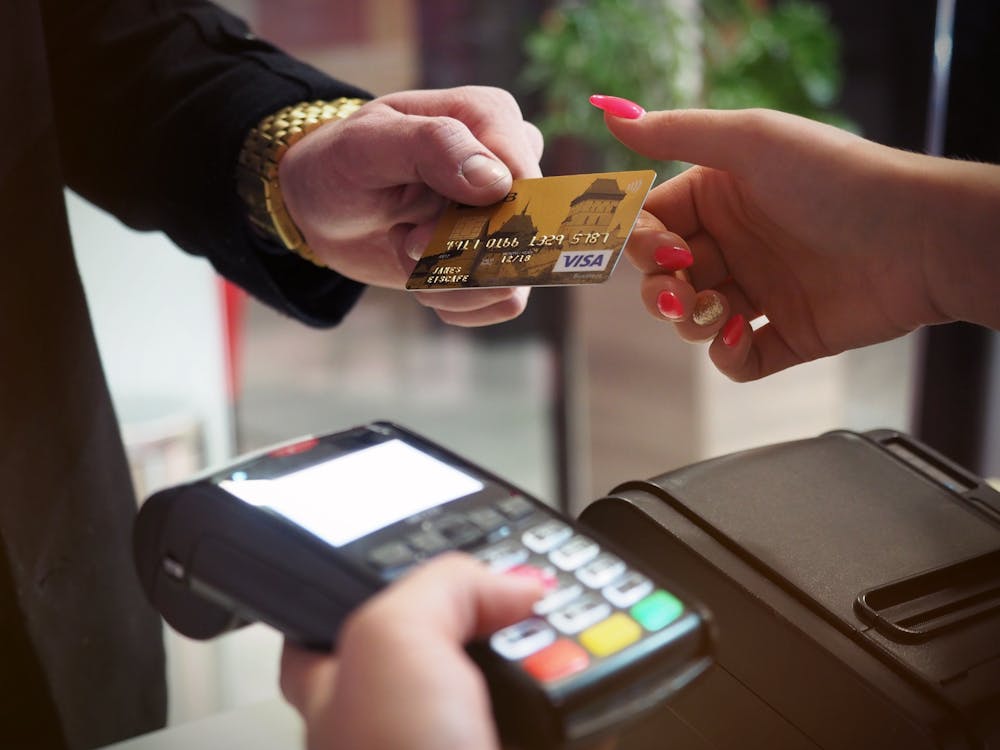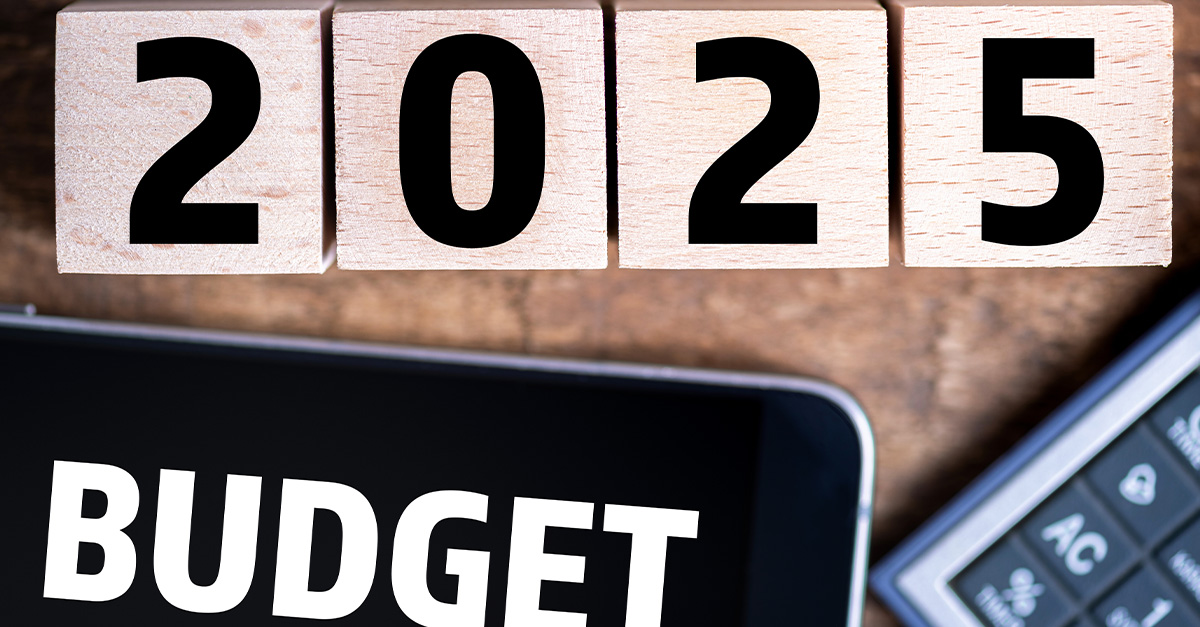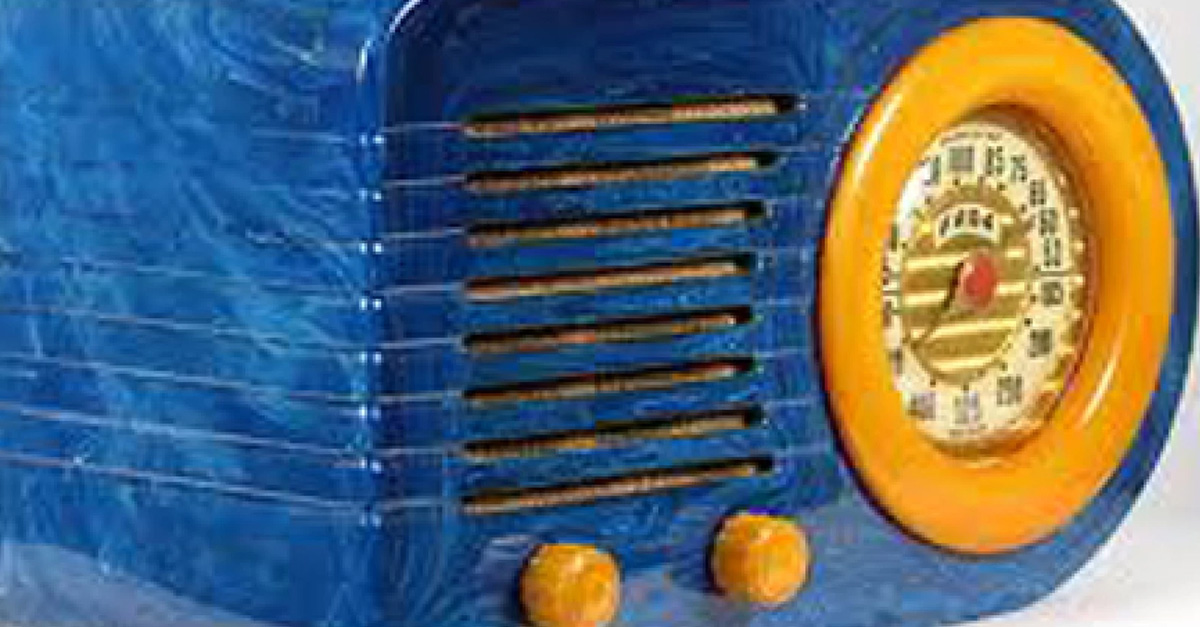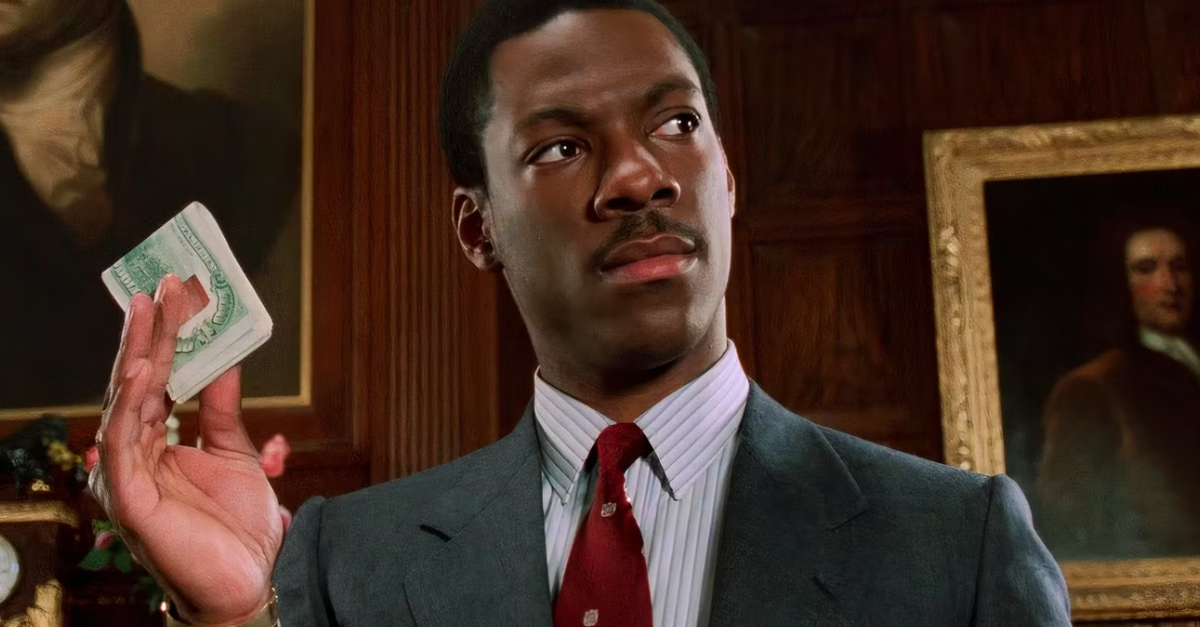Hey, we’re adults now. While adulthood certainly comes with its own set of responsibilities, it also opens the door to new kinds of freedom. That means earning a paycheck and buying yourself treats whenever you feel like. A new item here or there may not seem a big deal, but what happens when your money disappears as fast as you make it? Here’s how you can keep better track of your finances.
#1 Recognize Your Spending Habits
It’s never easy to admit poor decision-making. But, the first step on the road to recovery is recognizing an issue and actively working to change. A good way to track how you spend is to monitor your bank statements or keep some kind of spending log. You can also keep your receipts and calculate how much you spend between paychecks. By having a physical copy of your spending, you can better monitor where your money goes.
#2 Budget Yourself
One of the best things you can do for yourself is to set a budget. How much money do you make every paycheck? How much do you spend on necessities like rent or car payments? What about the non-essentials? You’d be surprised just how insightful laying everything out can be. Once you determine how much you truly have to spend on yourself, stick within your budget.
If you find yourself succumbing to temptation, think of ways to avoid it in the future. For example, unsubscribe from newsletters and implement the 24-hour rule. If you want to treat yourself, sit on the decision for a full 24 hours. That time will give you some perspective and allow you to think about whether you really want or need it.
#3 Go on a Cash-Only Diet
In today’s day and age, cash isn’t something we actively carry around anymore. However, with plastic in our wallet at all times, it’s easy to spend more than intended. But, just like having a physical copy of your spending habits is useful, the same is true of having money on-hand. Withdraw some cold hard cash to use on any expenses. Chances are, you’ll be more inclined to save money when you actually watch it disappear from your hand.
#4 Cut Unnecessary Purchases
Money guru Gale Vaz-Oxlade shared some awesome tips with Chatelaine a few years ago. Among her advice was to cut out things like fast food and coffee while prioritizing important purchases. For example, where do you want to be in five years? Do you want to save for a house or buy that new car? Maybe you want to pay off debt. Whatever your goal may be, hold sight of it. It’s sensible to forfeit small purchases now if it means pushing you closer toward what you really want.
#5 Seek Advice
There’s no shame in asking for help. If you need some guidance on how to better budget yourself, schedule a meeting with a financial advisor. They’ll sit you down and explain how to better save money, how you can achieve your goals and ways to reasonably pay off debt. It costs you nothing but an hour or so of your day. Plus, some banks are open on the weekends, so you really have no reason not to go!
Sit down with an advisor from your branch and see if their advice benefits you. Though their advice is free, they may offer you investment solutions you’re not quite interested in. Check out whether you’re a good fit for each other before diving into multiple sessions.
Wrapping Up
Overspending is something thousands of people struggle with. You no longer need to hide purchases from loved ones or upset yourself for buying unnecessary items. Start keeping a log of how much you spend and where your money goes. Carry cash with you instead of plastic. Nix those frivolous purchases that you don’t really need. Once you keep a closer eye on your budget, you’ll be able to save for the things that truly matter.


